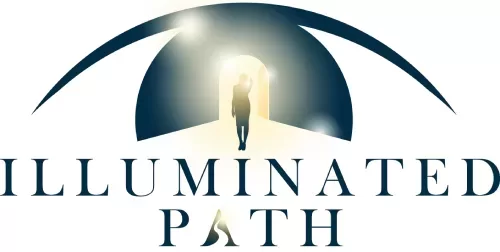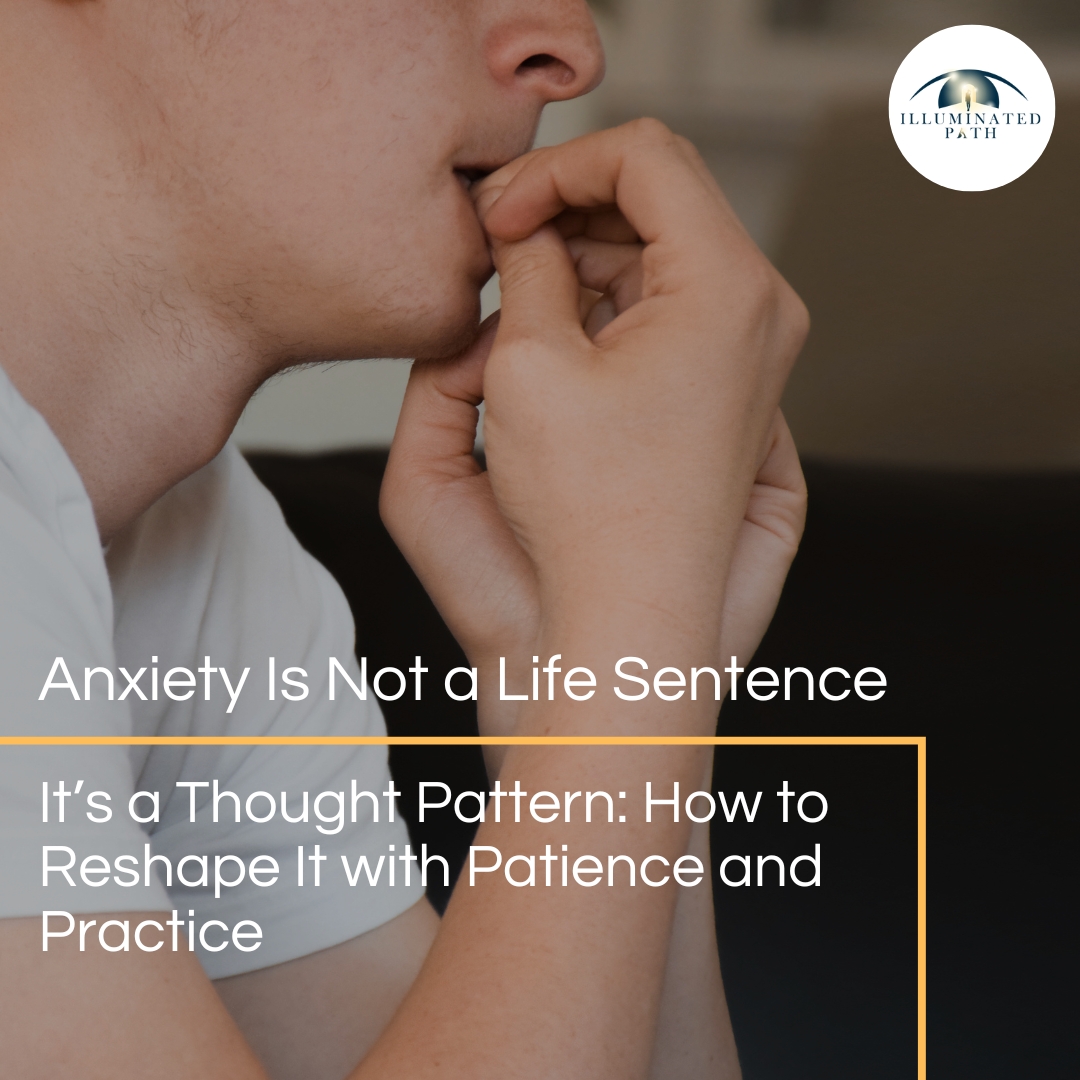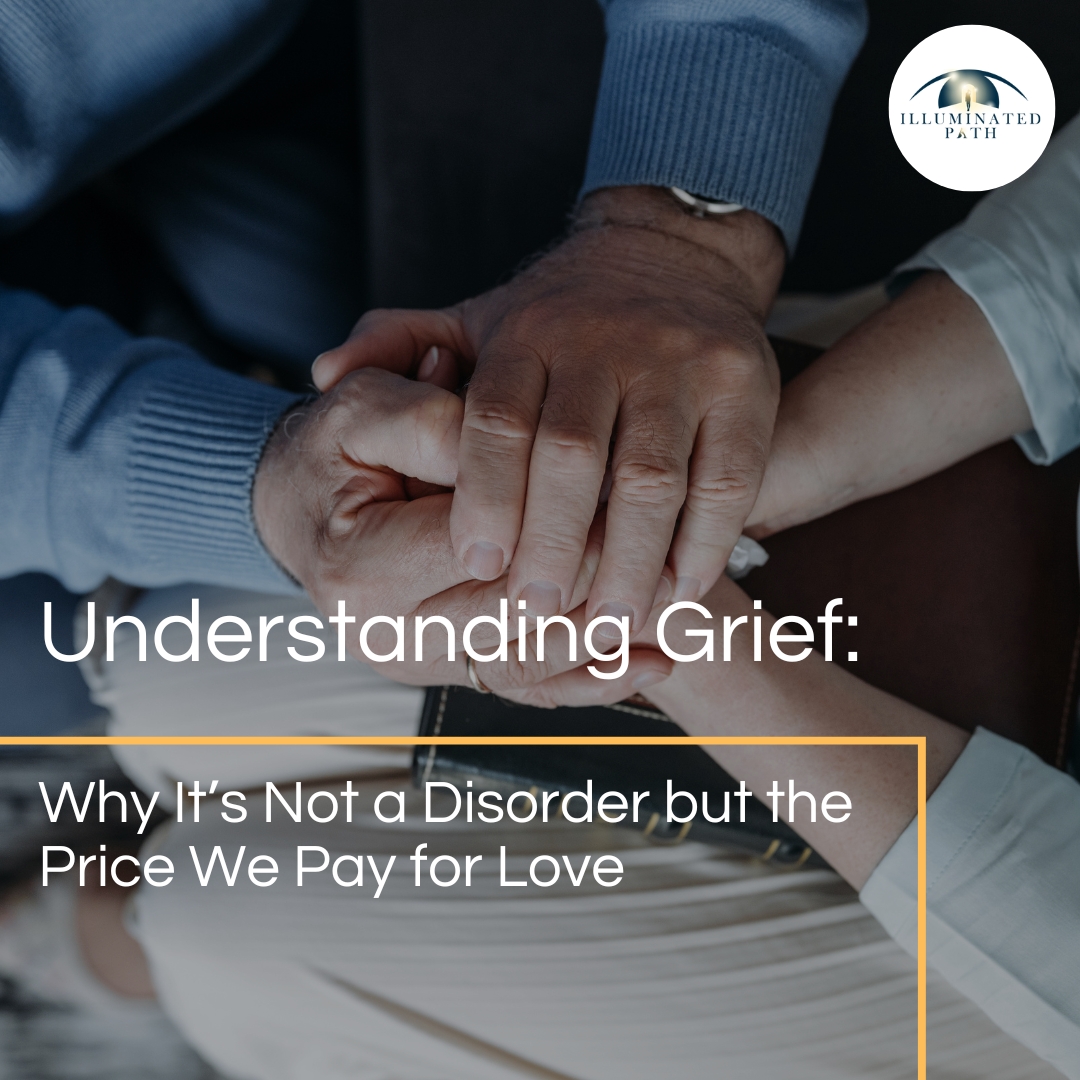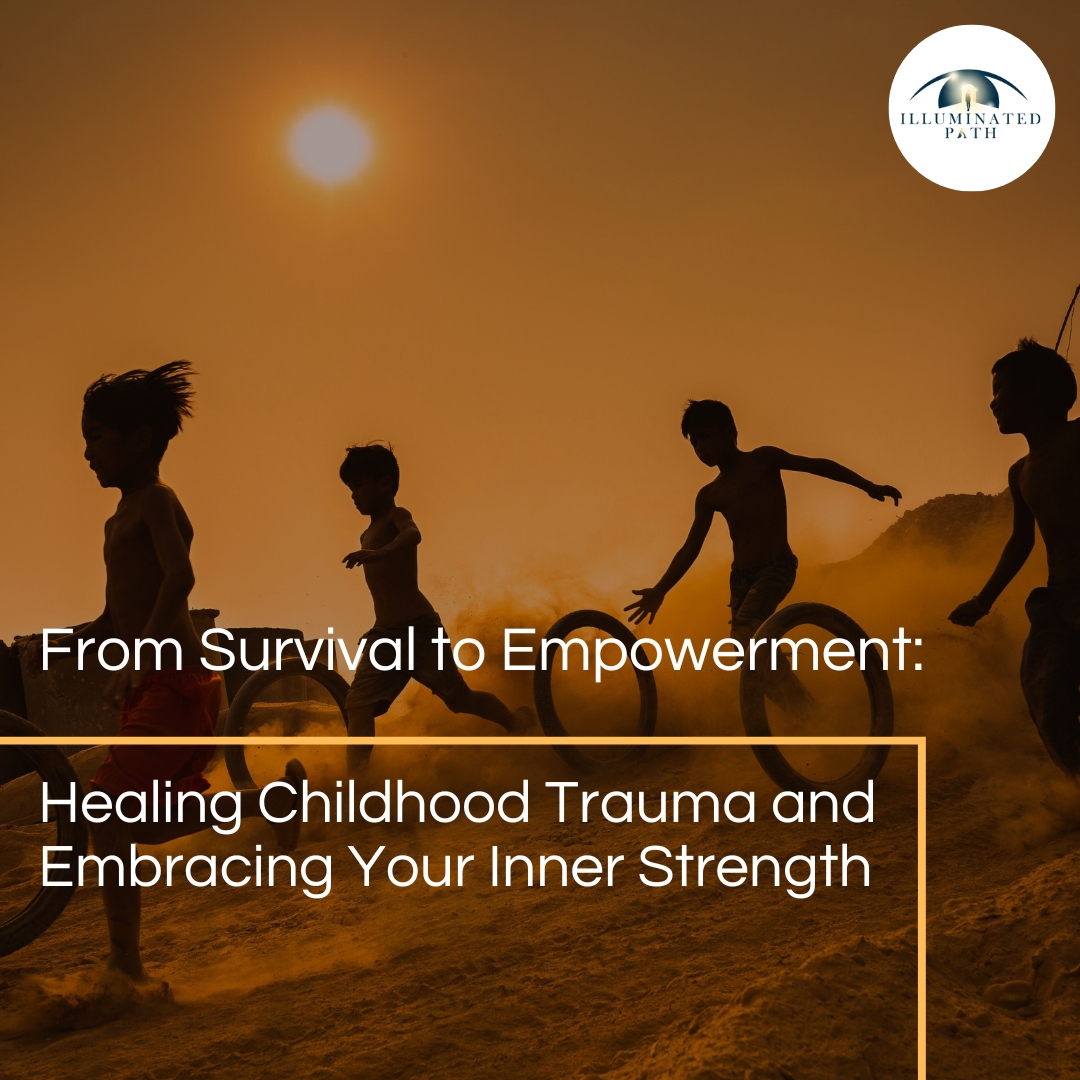
our struggle to accept reality as it is often lies at the root of our inner turmoil and contributes significantly to our stress levels. We cling to expectations, harbor resentments, and fight against the natural flow of life, creating unnecessary suffering.
Our minds are wired to create order and predictability. We envision how things “should” be: the perfect job, the ideal relationship, the flawless life. But life, in its inherent nature, is unpredictable and messy. It rarely unfolds according to our meticulously crafted plans.
This dissonance between our expectations and reality breeds discontent and stress. We resist what is, fueling a cycle of frustration, disappointment, and anxiety. We get caught in the “shoulds”: “I should be happier,” “My partner should be more understanding,” “Life should be easier.” This constant mental struggle keeps us in a state of chronic stress, which can have detrimental effects on our physical and mental health.
The Connection Between Acceptance and Stress Management:
Research has shown a strong correlation between acceptance and stress reduction. A study published in the Journal of Personality and Social Psychology found that individuals who practiced acceptance-based coping strategies experienced lower levels of stress and anxiety compared to those who engaged in avoidant or suppressive coping mechanisms. (source: Bond, F. W., & Bunce, D. (2000). Mediators of change in emotion-focused and problem-focused worksite stress management interventions. Journal of Occupational Health Psychology, 5(1), 156–163.)
When we learn to accept life as it is, we reduce the internal conflict that fuels stress. We stop fighting against reality and instead focus our energy on navigating challenges with greater clarity and resilience. This acceptance allows us to respond to stressors in a more adaptive and constructive way.
The Path to Inner Peace and Stress Reduction:
The key to finding peace and managing stress, as Dyer suggests, lies in retraining our minds to accept life on its own terms. This doesn’t mean resigning ourselves to a life of passivity or giving up on our dreams. It means letting go of the rigid expectations that create resistance and suffering.
Here are some ways to cultivate acceptance and reduce stress:
- Mindfulness: Practice being present in the moment, observing your thoughts and feelings without judgment. Notice when you’re caught in the “shoulds” and gently redirect your attention to the present reality.
- Gratitude: Cultivate an attitude of gratitude for what is, rather than focusing on what’s lacking. Appreciate the small joys and blessings in your life.
- Self-Compassion: Treat yourself with kindness and understanding, especially when things don’t go as planned. Remember that you’re human, and it’s okay to make mistakes or experience setbacks.
- Flexibility: Embrace the unpredictable nature of life. Be open to change and adapt to new circumstances with grace and resilience.
The Rewards of Acceptance:
When we let go of the need to control and manipulate life, we open ourselves to a deeper sense of peace and contentment. We free ourselves from the burden of expectations and allow ourselves to experience the beauty and richness of the present moment. This, in turn, reduces stress and promotes overall well-being.
This doesn’t mean that life will suddenly become perfect or free from challenges. But by accepting reality as it is, we gain the clarity and inner strength to navigate life’s ups and downs with greater ease and resilience.
Ultimately, peace is not something we find outside of ourselves. It is cultivated within, through a conscious choice to accept life as it unfolds, with all its imperfections and surprises. By embracing acceptance, we not only find inner peace but also equip ourselves with a powerful tool for managing stress and living a more fulfilling life.

The Author
Dr. Shadi Souferian Psy. D.
Licensed Clinical Psychologist
Therapist And Psychologist in Los Angeles And Beverly Hills.






